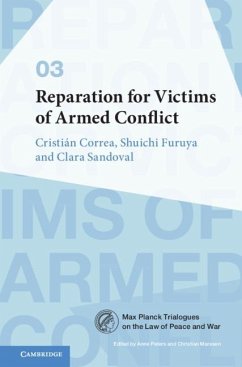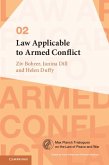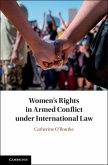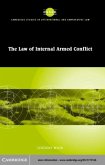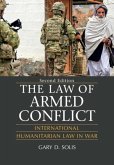Are victims of armed conflict entitled to reparation, which legal rules govern the question, and how can reparation be implemented? These key questions of transitional justice are examined by three scholars whose professional, theoretical, and methodological backgrounds and outlooks differ greatly. They discuss how regional human rights case law, international criminal law, the practice of ad hoc international bodies, and domestic practice give rise to a right to reparation. This right emerges out of the interplay between international and domestic law. The problems of mass claims, fragile statehood, and the high risk of marginalisation of particular groups of victims are addressed. The analysis is alert to the current backlash against international legal institutions, and to the practical constraints in making post-conflict law work. The multiperspectivism of the trialogical setting exposes the divergence and complementarity of the authors' approaches and leads to a richer understanding of the law of reparation.
Dieser Download kann aus rechtlichen Gründen nur mit Rechnungsadresse in A, B, BG, CY, CZ, D, DK, EW, E, FIN, F, GR, HR, H, IRL, I, LT, L, LR, M, NL, PL, P, R, S, SLO, SK ausgeliefert werden.

